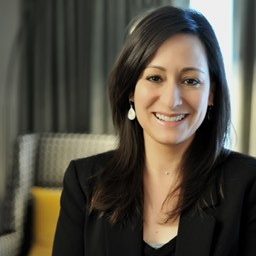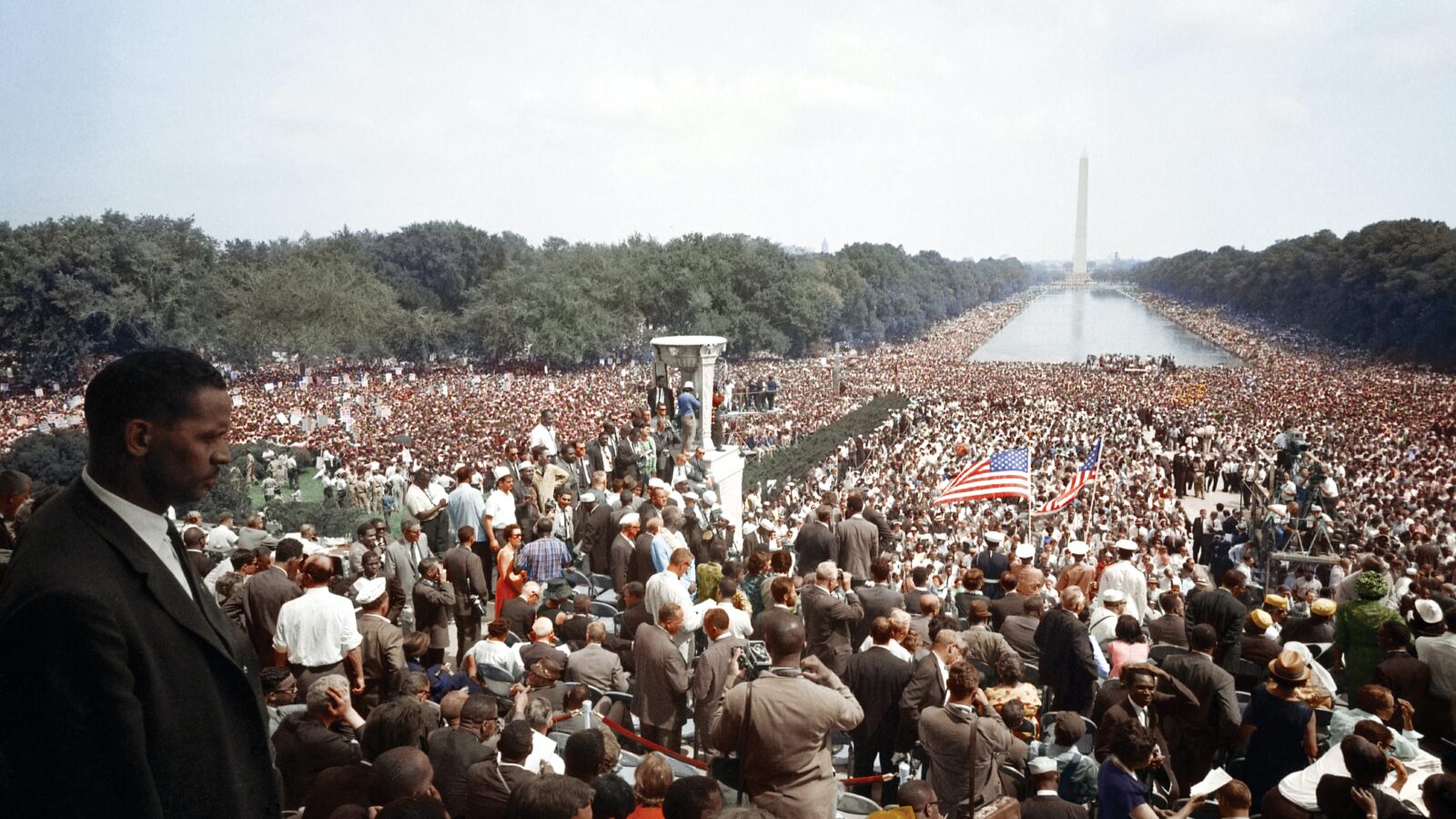February is an excellent time to listen and learn throughout Black History Month to increase both your knowledge and activism around social justice issues. We’re offering some ways to honor Black history by amplifying Black voices and advocating for the change you want to see take hold in the world.
This Black History Month, learn from these resources and expert voices to get inspired and find ways to take action:
- Anguish and Action — The Obama Foundation touches upon the killings of young Black men like Trayvon Martin, Ahmaud Arbery, Tamir Rice, and too many others at the hands of their fellow citizens—in addition to the Black lives of Tyre Nichols, Breonna Taylor, and George Floyd being cut short by police—have left many of us anguished and outraged. While now is a time for grief and anger, it is also a time for resolve. Find resources below to learn what you can do to create a more just and equitable world.
- BLM influencers: 10 Black Lives Matter activists on Facebook, Instagram, TikTok and Twitter You Should Follow — From John Legend to Ibram X. Kendi to Rachel Cargle to Ijeoma Oluo, USA Today offers top social media influencers who are leading the national conversation on racial justice.
- 31 History-Making Black Americans Everyone Should Know — When it comes to pioneers in African American history, Dr. Martin Luther King Jr., Rosa Parks, Maya Angelou, James Baldwin, and Muhammad Ali are often mentioned—and rightfully so. But what do you know about other Black history heroes?
- Daily Point of Light Honorees — More than 7,400 everyday heroes have been received a Daily Point of Light Award. Alyssa Rambert, Qu’Derrick Covington, Nolan Smith and Brandon Griggs have all chosen to shine a light on equity and social justice with their work in their communities. Get inspired and learn how they’re making a difference.
Understand Why Listening and Learning is Central to Social Impact
We can’t truly find and speak to solutions to the world’s biggest social justice issues without first understanding the existing systems and structures that uphold them. It’s essential to do the work of educating ourselves on the discourse surrounding these problems, and expose ourselves to new perspectives by hearing from those directly impacted by the issues. In fact, harm can unintentionally be done when well-meaning individuals or groups enter a situation with proposed solutions without first being informed.
That’s why “listen and learn” is a critical element of Points of Light’s Civic Circle, a holistic framework to help businesses, nonprofits and everyday people understand, identify and engage in the full scope of civic life. By doing our own independent research on Black history, listening to the lived experiences of present-day Black Americans and engaging in meaningful discussion around racism and prejudice, we can direct our efforts in a more impactful and sustainable way.
Confront Your Own Bias
Self reflection is another key part of educating yourself and approaching issues from a place of empathy and informed decision making. This is crucial for anyone, but especially for those who lead other individuals in any sphere of their lives – corporate teams, volunteer groups and nonprofits, or even groups of students.
Leaders get to make and influence decisions, and every decision has the power to build in one direction or another – reinforcing or undermining the structures that may be upholding racism. Start by examining your own biases, both conscious and unconscious. When you know better, you do better. It takes courage to ask yourself: Where might I be unintentionally perpetuating harm toward or lack of opportunity for the Black community? Read books, listen to podcasts and watch TED Talks on these topics for guidance on the process of identifying your own biases.
Support Black Americans
Once you have worked to educate yourself and expand your own perspectives around issues affecting the Black community, see where you can make intentional changes toward supporting diversity, inclusion and equity.
If you’re leading a corporate team, consider your company’s DEI initiatives. Do you have a strong, strategic program in place to build equity in your organization – or does your program need some work to increase its impact? As an individual, where can you choose to purchase from Black-owned businesses? Consider where you’re spending your time, talent and energy. Can you find a volunteer opportunity with an organization fighting injustice and organize a group to lend a hand? If not, can you donate to the nonprofits advocating for equity for Black Americans?
Use Your Voice to Uplift the Black Community
Listening to the perspectives of Black Americans and learning more about the issues is a great start. But in order to drive real and lasting change, it’s essential to build your muscles in allyship by participating in the effort to dismantle systemic racism. Use your voice to speak out against injustice.
There are many ways you can use your voice to raise awareness and advocate for change. You can speak at a town hall meeting about an issue you’ve identified in your own community. You can “call in” a coworker, whether they’ve made an overtly racist comment or committed a microaggression. Sign a petition supporting an anti-racist initiative and share it on social media. And remember that using your voice sometimes means not using your voice – perhaps via a silent and peaceful protest. Or by stepping back and letting Black Americans do the talking. By sharing the messages of those who are living with the effects of systemic racism and who are leading the fight against injustice, you can leverage your own network and help to validate and amplify their lived experience.
These are just four ways you can get started on listening and learning this February. By finding ways to support Black History Month, then putting your knowledge into practice in a meaningful and impactful way. Black history is an important part of U.S. history, and honoring the lived experiences of Black Americans throughout this month and throughout the year is a critical part of social impact and civic engagement.


